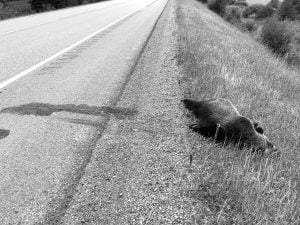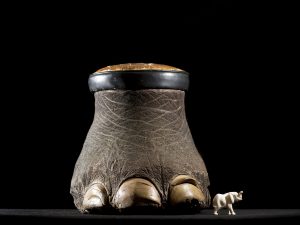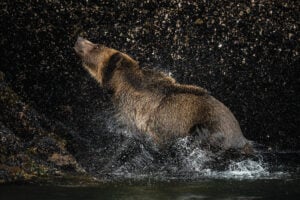Fall in Vancouver came swiftly this year. Overnight, leaves changed colour, the temperature dropped and flora and fauna that thrive in the warm summer sun beat a hasty retreat.
A week ago, the Westin Bayshore’s gardens would have been alive with guests lounging by the pool or making their way out to run or bike the seawall, but today everyone is sheltering from the wind and rain, including the hotel’s resident bees — more on them in a moment.
I’m out braving the elements with Julie Melanson, the Bayshore’s marketing and communications manager, who is introducing me to the gardens that encircle the property. Here, trees, shrubs, vines and flowers grow in profusion to form a sort of moat of vegetation the hotel has maintained for half a century now. They’re just one reason the Bayshore was awarded a wildlife-friendly habitat certification by the Canadian Wildlife Federation (CWF).
The goal of the certification is to raise awareness of the importance of wilderness corridors in urban areas; the Bayshore is the first Canadian hotel to receive the certification in recognition of the way its gardens are designed to support a variety of wildlife.
Over a light breakfast at H2 Rotisserie & Bar, Melanson says it was no stretch for the hotel to go after the certification as their gardens already ticked all of CWF’s boxes, which include providing appropriate food, water, and shelter for wildlife, incorporating native plant species, and practicing Earth-friendly maintenance. It’s all part of the Bayshore’s focus on the wellness of their guests, which also means comfy beds purpose-built for great sleep, healthy food options available around the clock, access to a variety of exercise options, and proximity to nature.







